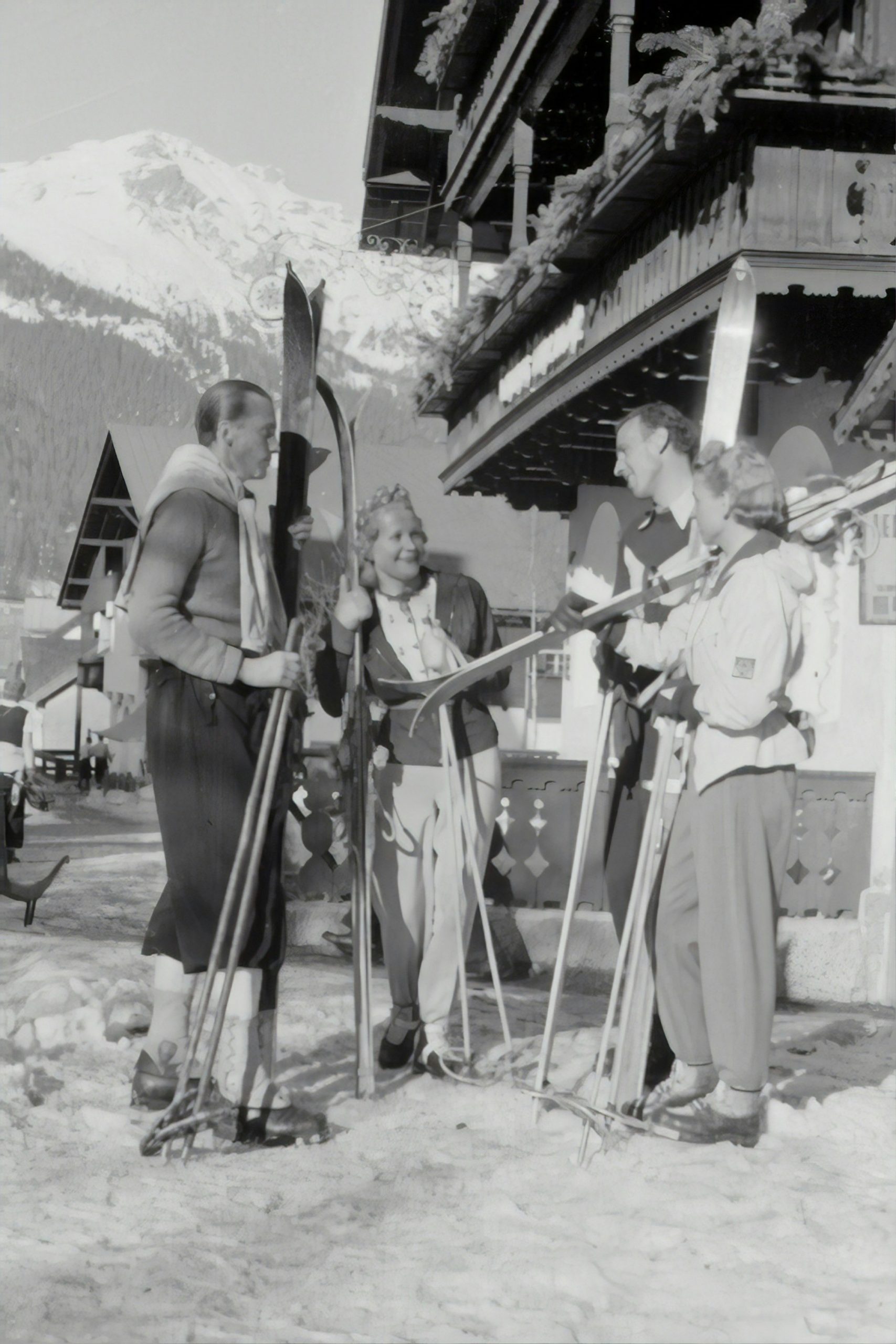
Athlete Mentorship Programs: Passing on the Torch
Athlete mentorship programs play a crucial role in the development and success of both current and future generations of athletes. These programs facilitate a transfer of knowledge, experience, and values from seasoned athletes to younger ones, ensuring continuity and excellence in sports. Let’s explore how these mentorship programs operate, their benefits, and real-life examples of their impact.
Understanding Athlete Mentorship Programs
Athlete mentorship programs are structured initiatives where experienced athletes, often retired or still active, mentor younger athletes. These programs aim to:
- Provide guidance and support in navigating the challenges of professional sports.
- Transfer technical skills, tactical knowledge, and strategic insights.
- Instill discipline, resilience, and mental toughness.
- Offer career advice and help in personal development.
These mentorships are typically formalized through sports organizations, teams, or specialized mentoring platforms.
Benefits of Athlete Mentorship Programs
The benefits of athlete mentorship programs are manifold:
- Skill Enhancement: Mentees learn advanced techniques and strategies directly from experienced athletes.
- Psychological Support: Mentors provide emotional support and help mentees cope with the pressures of competition.
- Professional Networking: Mentees gain access to valuable networks of coaches, sponsors, and industry professionals.
- Long-term Success: Mentorship fosters a sense of continuity and legacy within sports, ensuring that knowledge is passed down through generations.
Real-Life Examples
Several prominent sports organizations have successfully implemented athlete mentorship programs:
“The NBA’s rookie transition program pairs incoming players with veteran mentors to ease their transition into professional basketball. This initiative has been instrumental in guiding young athletes through the challenges of fame and fortune.” – NBA Spokesperson
In soccer, clubs like Manchester United and FC Barcelona have formal mentorship systems where senior players mentor academy prospects, helping them adapt to the demands of elite-level football.
Case Study: The Olympic Mentorship Program
During the Olympic Games, the IOC (International Olympic Committee) runs a mentorship program where retired Olympians mentor current athletes. This program not only aids in performance enhancement but also prepares athletes for life after sports.
“The IOC’s mentorship program was invaluable to me as a young athlete. My mentor guided me not only in improving my skills but also in understanding the Olympic values of friendship, respect, and excellence.” – Olympic Athlete
Conclusion
Athlete mentorship programs are indispensable in the world of sports, ensuring that the torch of excellence is passed on from one generation to the next. By combining technical guidance with emotional support and career advice, these programs contribute significantly to the holistic development of athletes. As sports continue to evolve, mentorship remains a timeless practice that enriches both individuals and the sports community at large.



